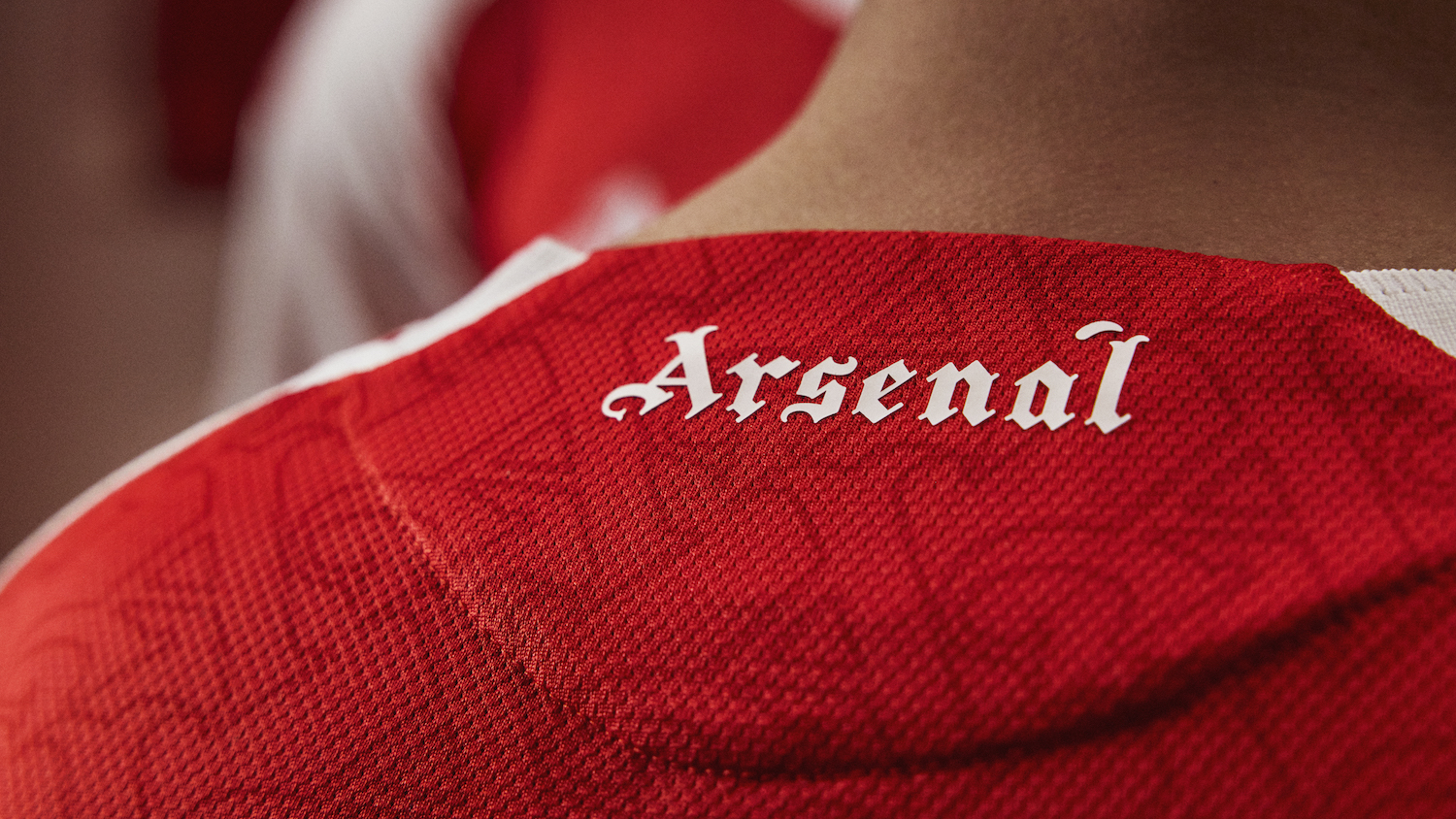The demise of Inter
After having eight entries in last year's 100 Best Players, this year Internazionale are down to four â with most in the lower reaches. Our man in Milan Richard Whittle examines the Nerazzurri nosedive...
Few would have envisaged that Inter would go from champions of Europe to languishing just outside the relegation zone in the space of 18 months or so.
After Jose Mourinho left the club with the treble in 2010, new coach Rafa Benitez wanted to rebuild, but Massimo Moratti refused to green-light any new signings â or release a number of those players who had peaked so admirably under Mourinho but who now had nowhere to go but down.
Age and waning desire have played their part in the Nerazzurri becoming a shadow of their former dominant self, but that doesn't tell the whole story.
When Massimo Moratti turned to Mourinho he did so with one aim in mind: to emulate the achievements of his father Angelo, who in the 1960s oversaw the Grande Inter led by Helenio Herrera.
The Portuguese possessed many of the same qualities as the master of catenaccio, central to which were the tactics and strategy to get the best out of a side reaching their prime and well aware that this is their moment to obtain greatness.
Moratti had spent millions and gone through 14 coaches on a succession of failures and even recent domestic dominance hadn't been enough â not with the holy grail of the Champions League continuing to elude him â so it was to be one last opening of the chequebook.
The best features, fun and footballing quizzes, straight to your inbox every week.
This time, the transfers were shrewd â far from a given with Inter â with new arrivals Lucio, Wesley Sneijder and Diego Milito reinforcing what was already a resilient unit. However, what gave Inter the edge was the trade with Barcelona involving Zlatan Ibrahimovic and Samuel EtoâÂÂo â with the latter still possessing the desire for further honours.
The result was a treble-winning season and, on a barmy night at the Bernabeu, Europe's top trophy finally back with the Morattis after 45 long years.
"Look what I've won!"
Even when it became clear that Mourinho was not coming back from Madrid there should have been no reason to fear for the future, with a little planning and foresight.
Instead of which, the lingering likes of Marco Materazzi, Diego Milito, Christian Chivu and even Douglas Maicon weren't thanked for their sterling efforts, paid up and packed off, but retained on vast wages and dwindling returns while more-than-promising youngsters Davide Santon and Marco Balotelli were allowed to leave.
Benitez was the unfortunate coach to arrive when Moratti too busy polishing the trophy to overhaul the squad, so the Spaniard was left with an ageing side who had given their all for the previous regime and weren't willing to do it all again. A few fresh faces would have kept the likes of Maicon, Dejan Stankovic, Lucio and the rest on their toes, motivating them to believe that this wasn't the end, but a positive turning point for the club.
However, with senior players Javier Zanetti and Esteban Cambiasso setting the mood in the dressing room, Benitez was helpless in his attempts to gain a sixth consecutive league title and a genuine defence of their European title.
"Wally says what?"
A player like Sneijder, coming off a marathon season that ended in the World Cup final, returned to a club that was treading water and failing to attract big names â and this failure had a detrimental effect on the players. Forced to soldier on gamely they succumbed to all sorts of injuries, mostly brought on by simply being worn out physically as was certainly the case with Sneijder and Cambiasso.
Benitez didn't have the luxury of resting weary stars, as Mourinho had been able to thanks to InterâÂÂs domestic supremacy â but the Spaniard's replacement Leonardo was fortunate to find those self-same players finally rediscover their form, after having at least lifted the Club World Cup.
Benitez must have bristled when he saw how Lucio, Sneijder and, above all, EtoâÂÂo were so inspirational during a run that made AC Milan sweat before their city rivals wrested the title away â and ended with the Italian Cup as minor recompense after the European crown was tamely surrendered in defeat to Schalke 04.
Individually, just about any one of the Inter players could have walked into any starting line-up in Europe but as a unit they were a spent force. The reality of the situation hit home when Gian Piero Gasperini arrived in the summer and attempted to fix something that at its core wasn't completely broken.
EtoâÂÂo could easily still be tormenting defences in Italy and Europe, but instead MorattiâÂÂs cost-cutting measures â not to mention the chance to become the worldâÂÂs highest-paid player â saw MourinhoâÂÂs chief operator disappear to Russia.
Injury has curtailed Diego ForlanâÂÂs appearances and Claudio Ranieri is now in charge of a squad still relying on the majority of the heroes of Madrid, although there are signs that the future is finally being handed over to youth. Andrea Ranocchia has become a regular in the heart of the defence, while in recent weeks 19-year-old Luca Castiaignos and new arrival Ricky Alvarez have impressed.
The old guard are coming to the realisation that their sell-by date is fast approaching but a slow climb away from the relegation zone and qualification to the last 16 of the Champions League may be enough for one last tilt at a major trophy.
FFT Editor David Hall: How we picked the 100 Best Players
The Top 10s: Alphabetical by position
 Join The Club
Join The Club





